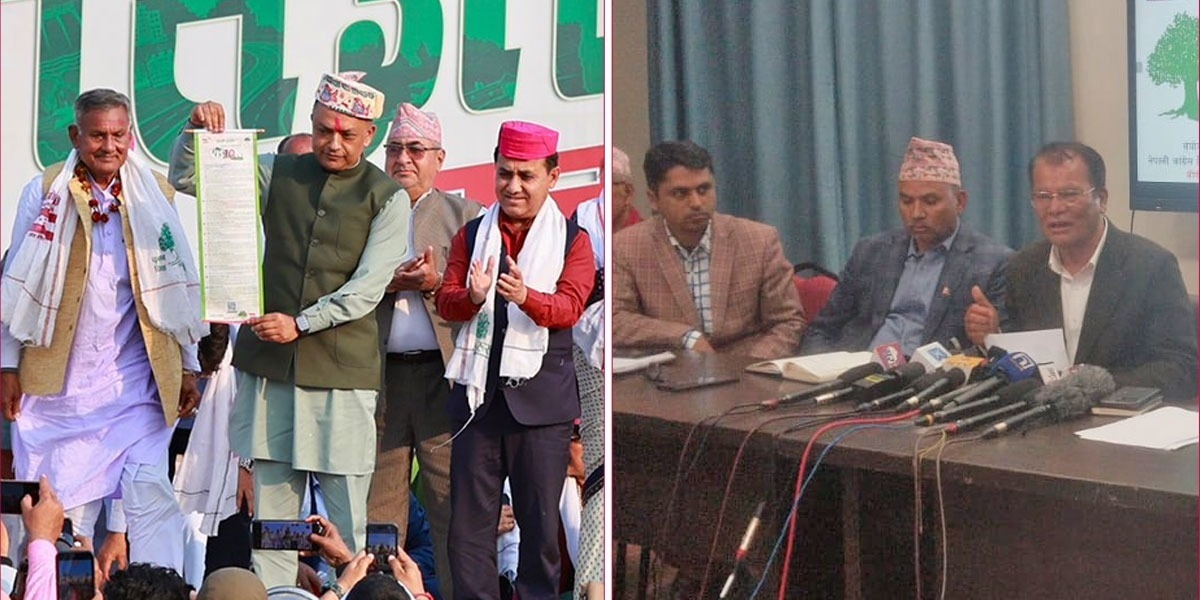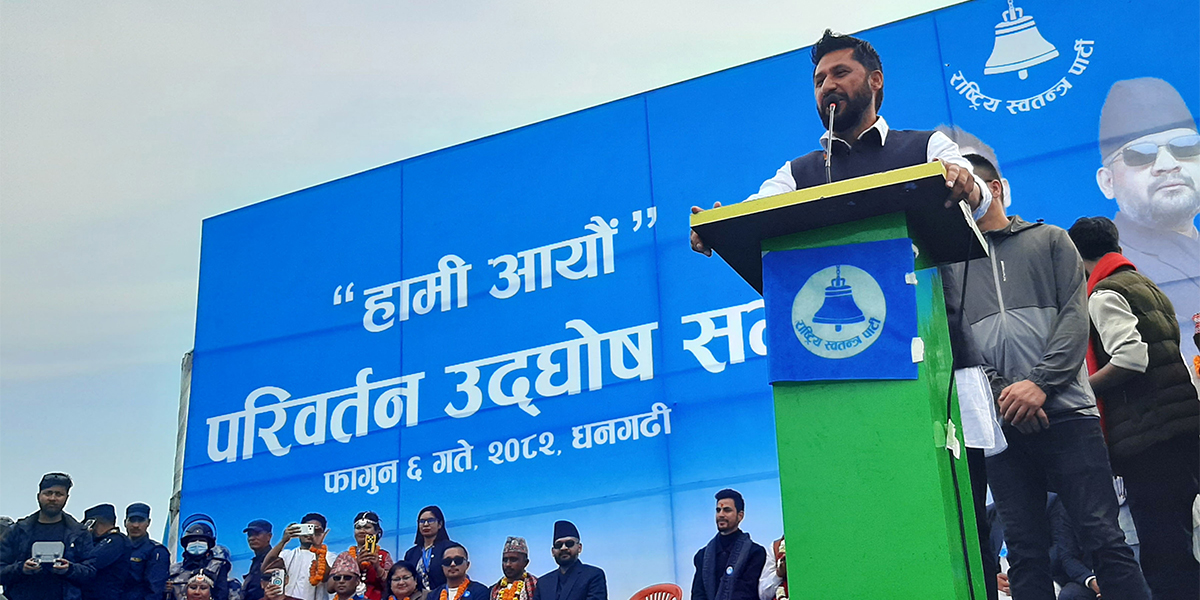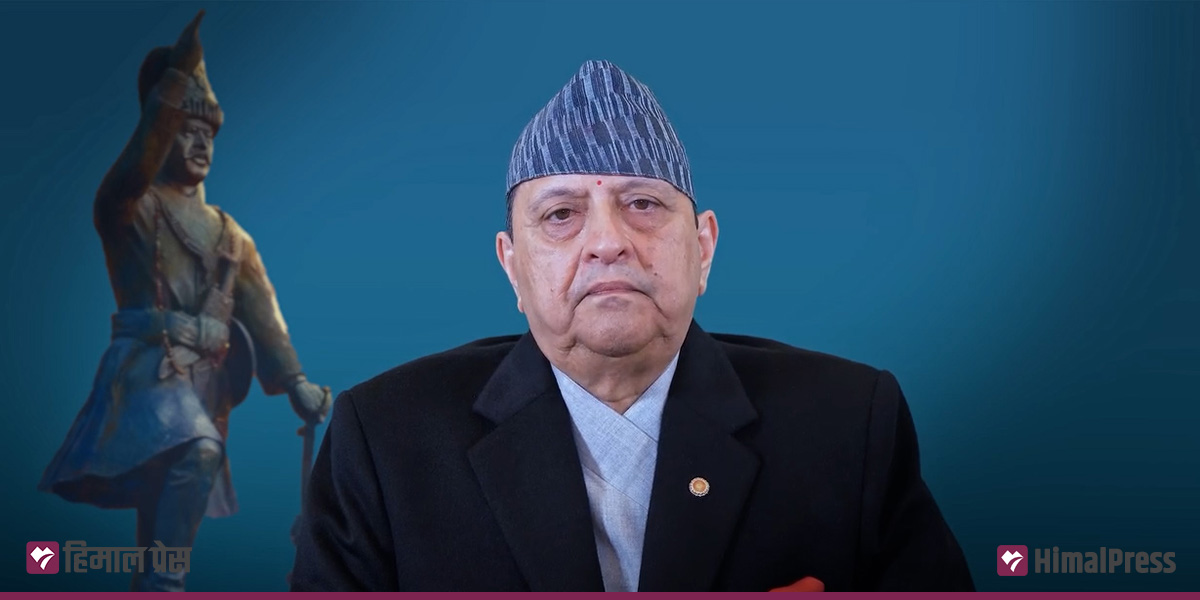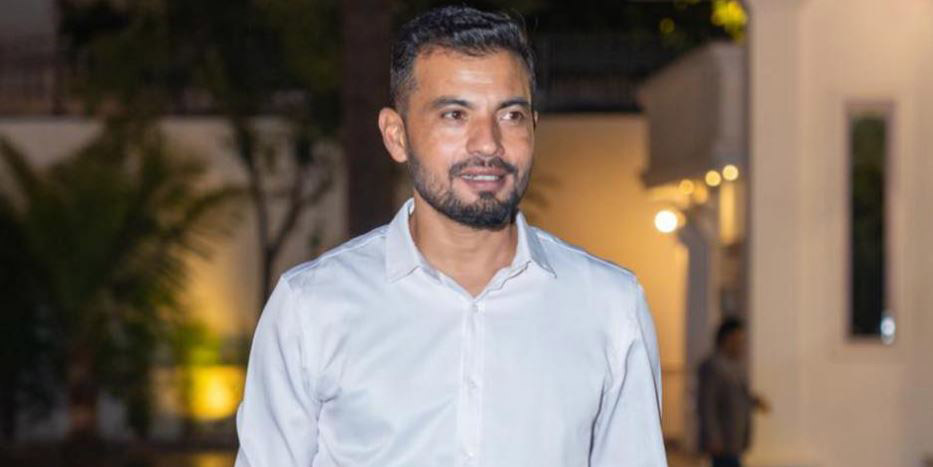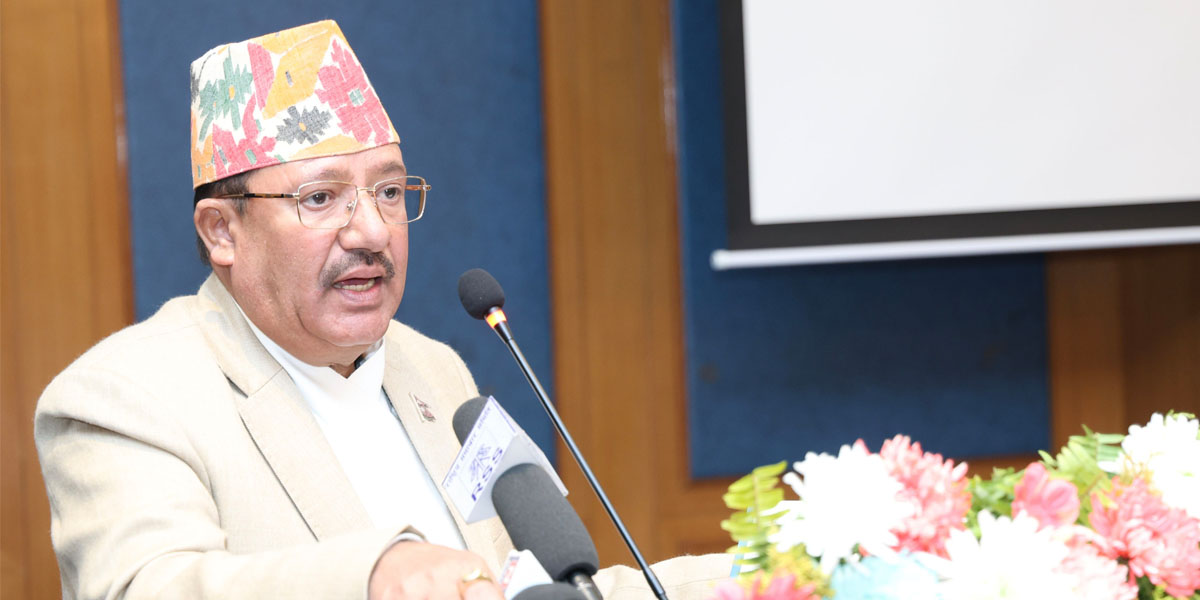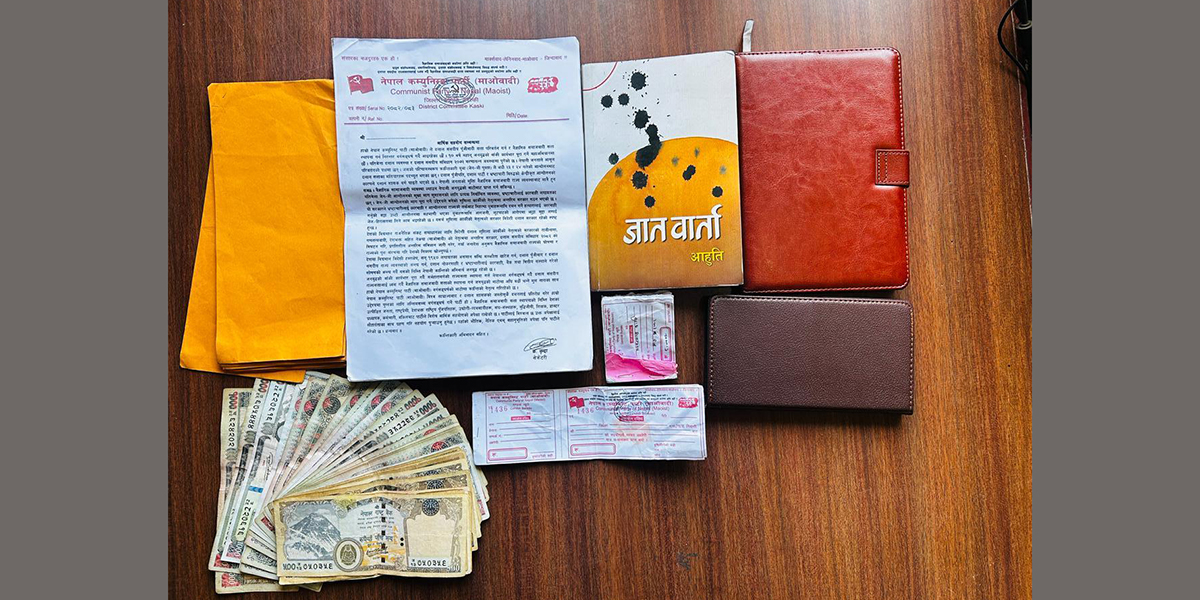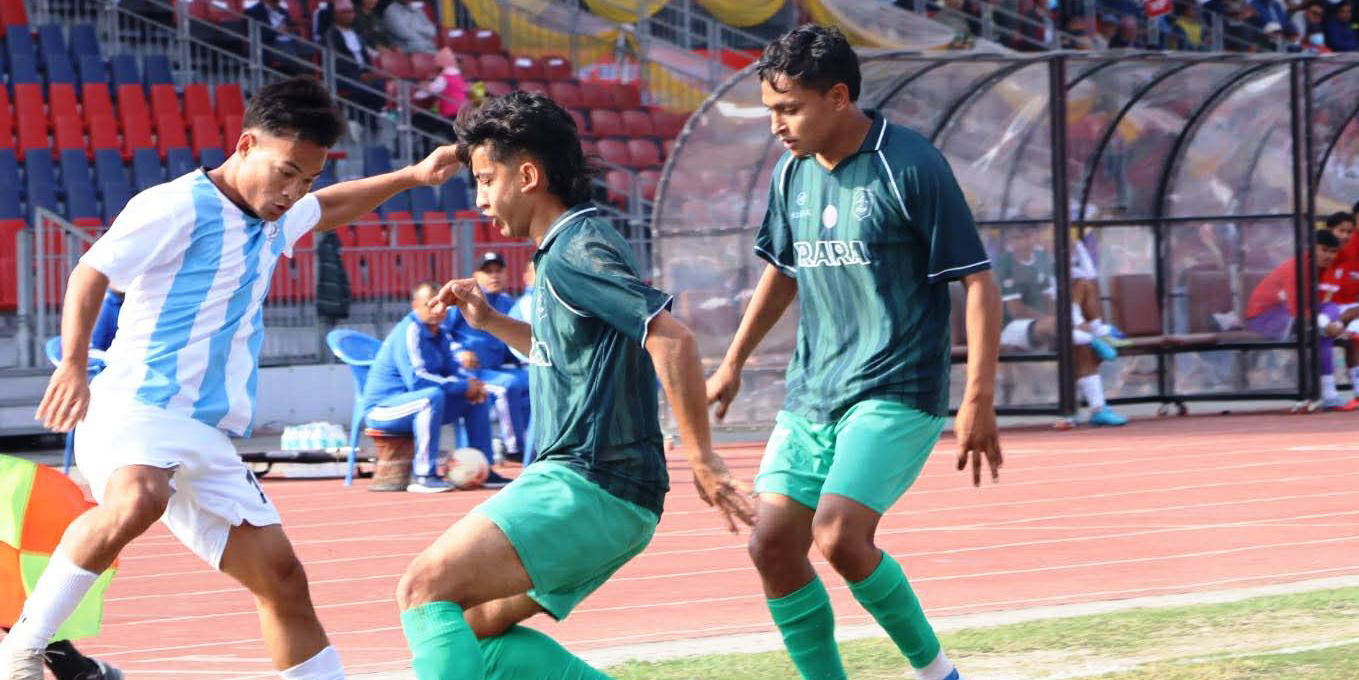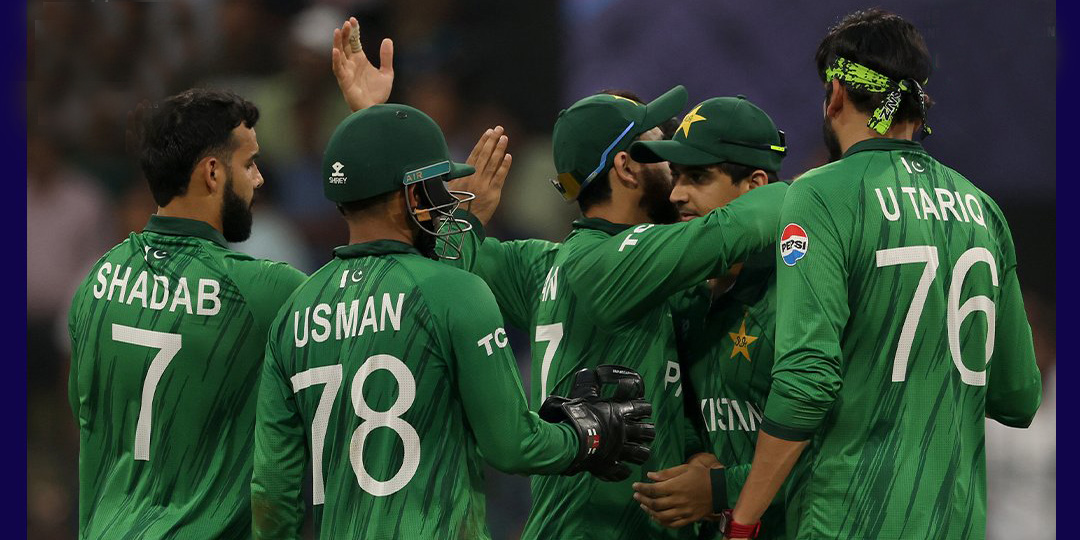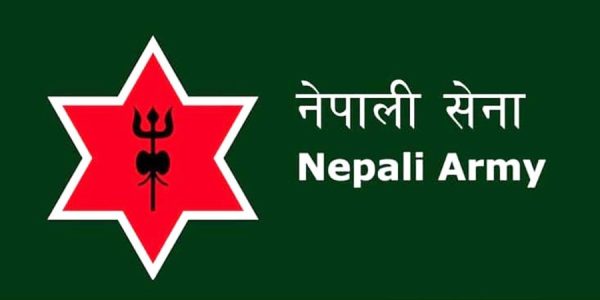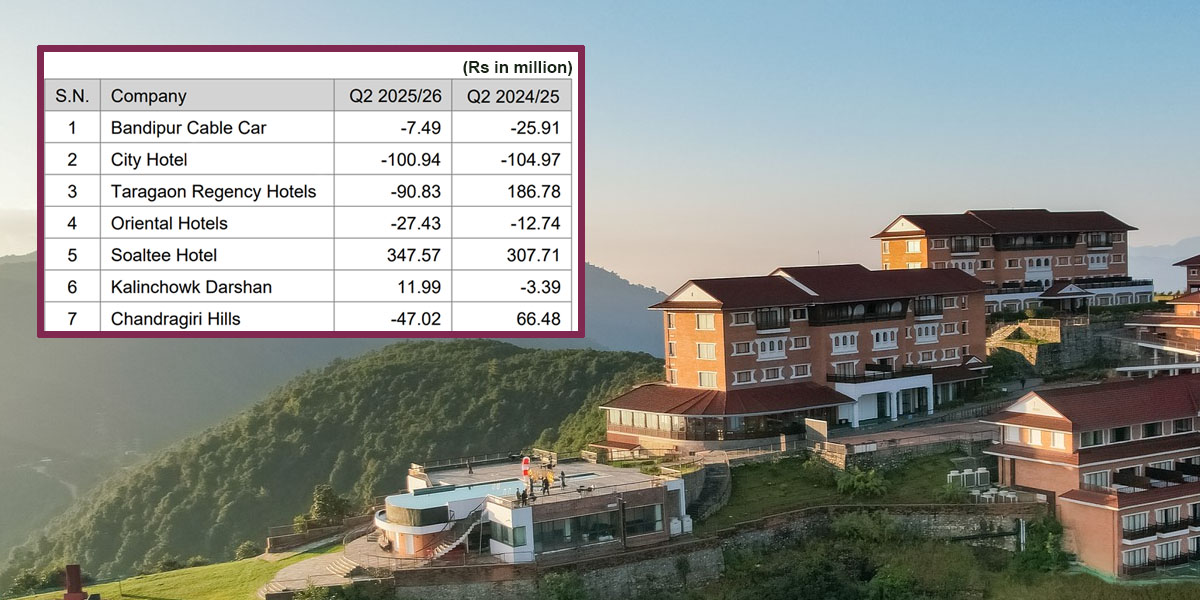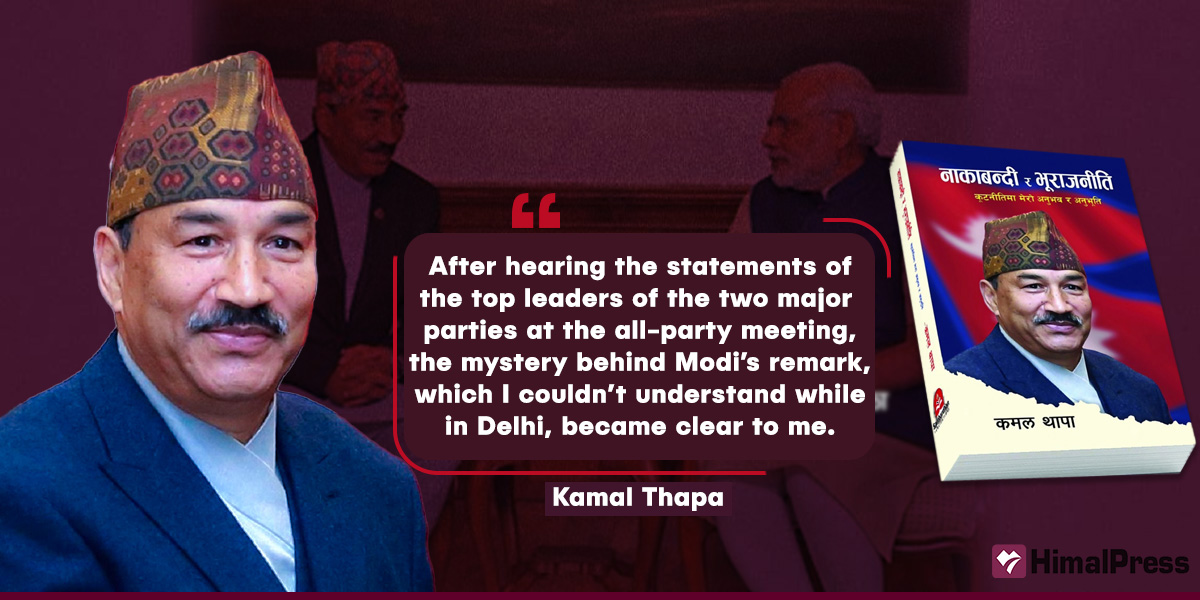
After a brief conversation with journalists at Tribhuvan International Airport, I headed straight to the Prime Minister’s residence in Baluwatar. Prime Minister (KP Sharma) Oli was waiting for me. I briefed him in detail about all the meetings and discussions that took place in New Delhi, and said, “Some progress has been made. Although the blockade may not be fully lifted immediately, there will likely be some relaxation.”
Oli, who seemed quite pleased, said, “According to my sources, your performance in Delhi was commendable. Thank you! I will call an all-party meeting tomorrow, you should brief them on everything.”
All-party meetings have become a regular practice in Nepali politics. Despite the extremely hostile behavior and exchange of harsh words, Nepali political parties are quite liberal and tolerant when it comes to sitting together and holding discussions. This is a positive aspect of Nepali politics. The all-party meeting called by the Prime Minister at Baluwatar was attended by the top leaders of all the major parties. Madhes-centric parties were unlikely to participate.
Typically, in all-party meetings, former prime ministers and leaders of the main opposition party sit on either side of the Prime Minister. On that day, the President of the Nepali Congress (NC), who arrived a bit late, sat on a chair near the door of the meeting room. After Prime Minister Oli welcomed everyone and made a brief opening statement, I provided a detailed account of the meetings and discussions that took place during my visit to India. There was a brief discussion on the matter. Except for the Madhes-centric parties, all the political parties were unanimous in their stance on the economic blockade imposed by India.
Although there were differences in the language, style, and priorities of the parties, they were united on the issue of the blockade. Even though the blockade had started on October 6, 2015, while the NC was leading the government, the party was reluctant to use the words ‘India’ and ‘blockade’. On the other hand, the left parties were using the blockade as an opportunity to harshly criticize India.
During the discussion, NC leader Ram Chandra Poudel (the current President of Nepal) raised a question: “According to Deputy Prime Minister, Indian Prime Minister Narendra Modi has said that Nepali leaders cannot be trusted and that they say one thing in Delhi and do something else after returning to Nepal. Which of you who frequently visit Delhi made such promises? What did you promise, and why couldn’t you fulfill it? We need clarity.”
Poudel’s question had the room momentarily silent.
In such situations, if the matter had been left unaddressed, it might have been forgotten. However, as if triggered by guilt, both Sher Bahadur Deuba and Prachanda (Maoist Center Chairperson Pushpa Kamal Dahal) revealed their involvement. Former PM Deuba, speaking from the corner of the room in his usual straightforward manner, said, “They talked to me about retaining the Hindu nation. I tried, but couldn’t make it happen, so what can I do?”
Former Prime Minister Prachanda also added, “There was a similar conversation with me. It wasn’t Modi, but his associates who discussed the Hindu nation. I said I would try my best. I didn’t make any promises. It wasn’t possible here because Baburam Bhattarai didn’t agree. I was considering whether we could use another term instead of secularism.”
After hearing the statements of the top leaders of the two major parties at the all-party meeting, the mystery behind Modi’s remark, which I couldn’t understand while in Delhi, became clear to me. It seems that Indian Prime Minister Modi had wished to include ‘Hindu nation’ in the new constitution. Nepali leaders had apparently made promises in this regard.
I realized that one of the reasons for Narendra Modi’s dissatisfaction is the unfulfilled promises. It is for the Nepali people to decide what kind of political, social and cultural system they want to maintain in Nepal. The failure of Nepali leaders to show the courage to simply say ‘thank you for the suggestion’ in response, is causing repeated suffering for the people.
Unofficial translation of an excerpt of the book ‘Nakabandi and Bhurajniti’ (Blockade and Geopolitics) written by Former Deputy Prime Minister and Minister for Foreign Affairs Kamal Thapa. The book was launched on Monday

 Himal Press
Himal Press 